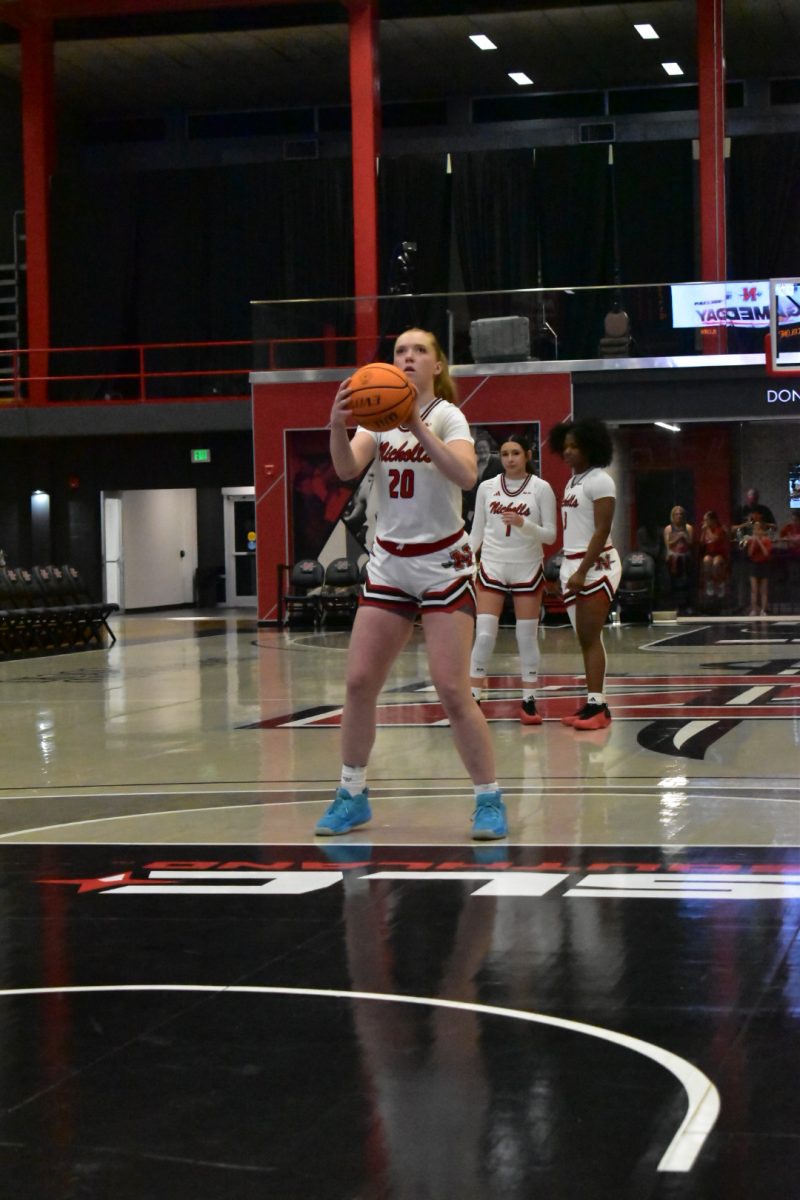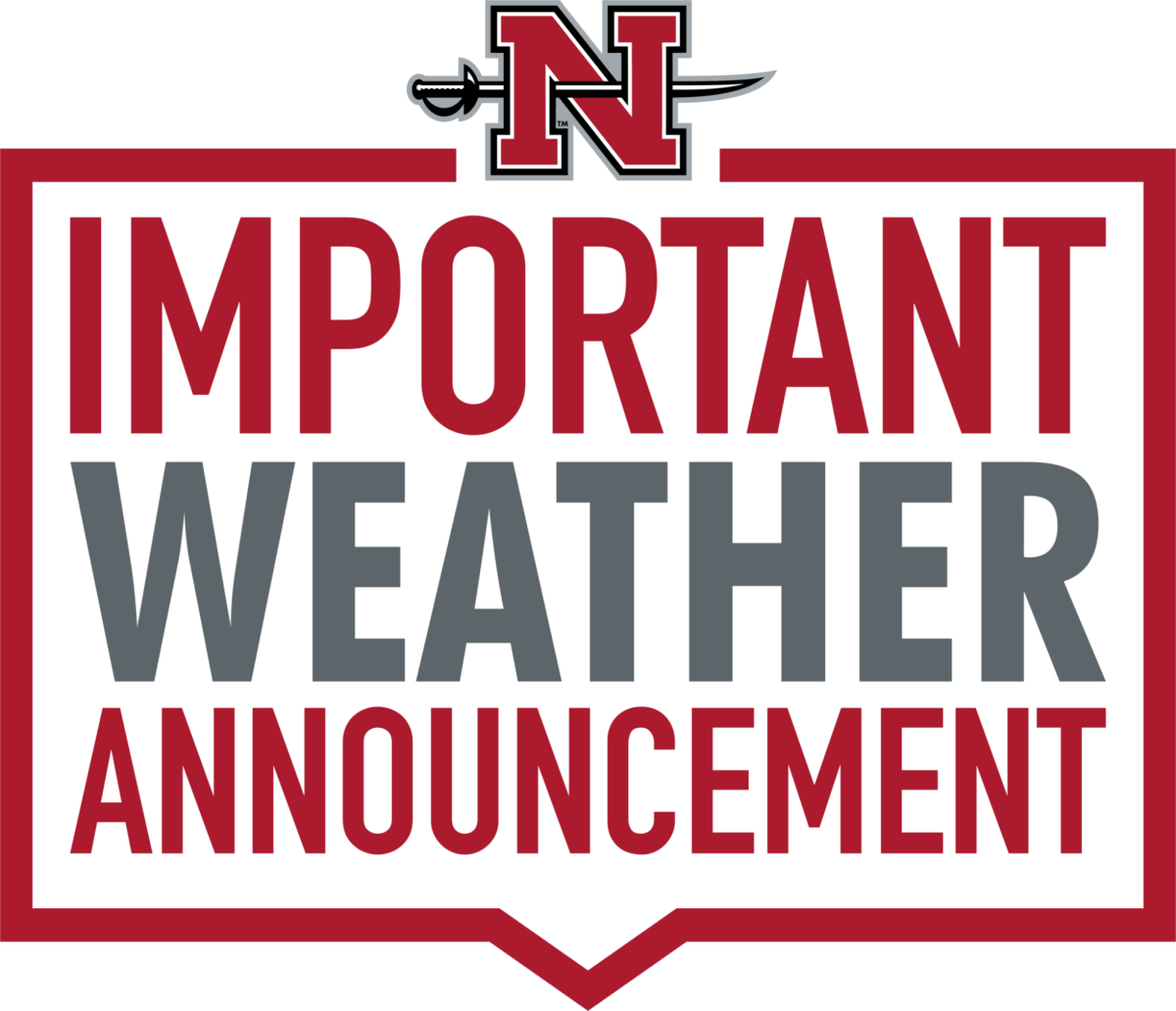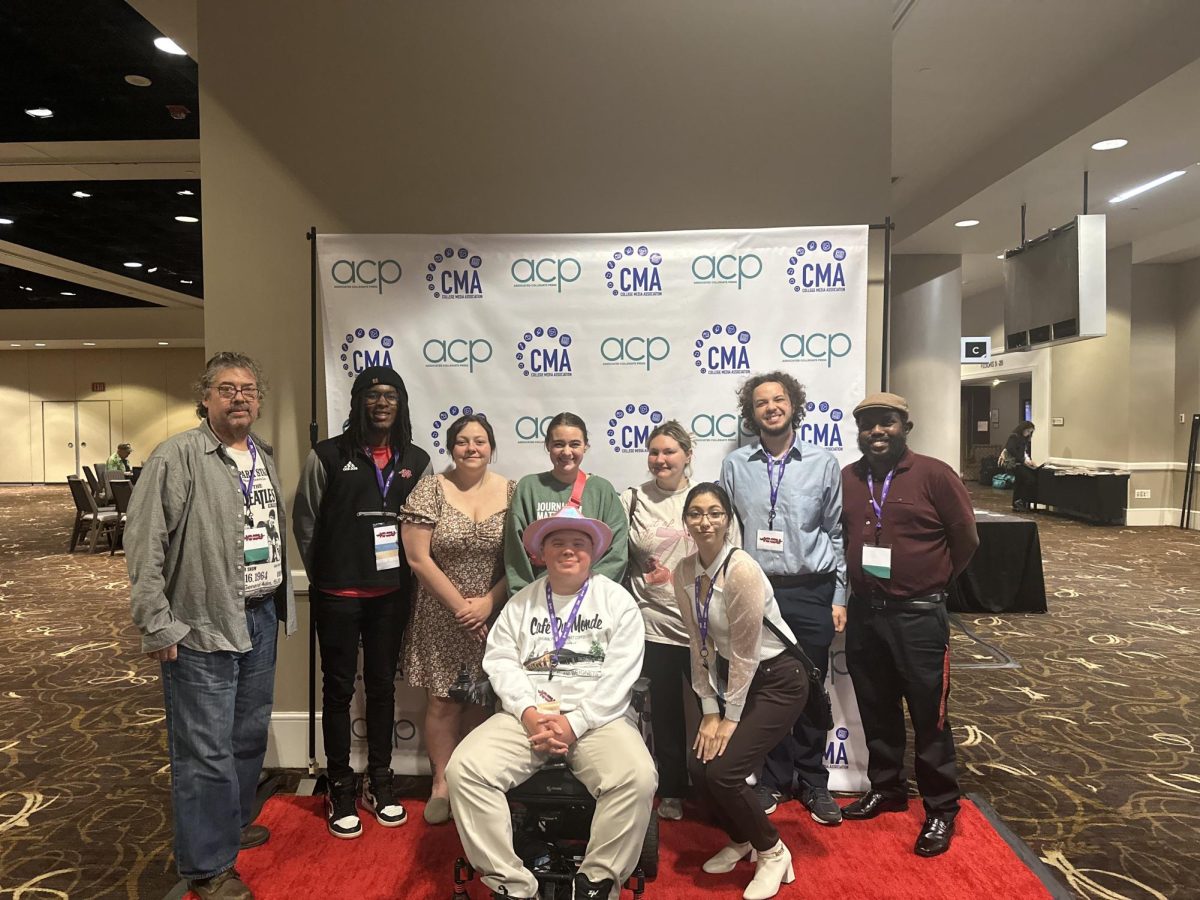The beginning of a new semester can be an exciting time for college students. Returning students often look forward to seeing old friends and teachers, taking new classes and returning to the club spots and activities that have been on hold over the break.The excitement of a new semester can sometimes push more serious issues into the background. For students at Nicholls and across the country alike, binge drinking is something they are likely to encounter in some form during their college years.
Colleges across America report significant problems with binge drinking on their campuses and in the neighboring cities and towns. Young people ages 18 to 25 have the highest prevalence of binge drinking at 38.7 percent, according to the National Household Survey on Drug Abuse.
Nicholls participates in the Harvard School of Public Health’s survey that judges the alcohol problems at colleges across the country.
In the latest survey, conducted in 2002, Nicholls ranked higher than the national average in binge drinking. The national average of students who binge drink was 21.6 percent, while 28.3 percent of Nicholls students said they have binged in the last two weeks.
Nicholls also ranked higher than the national average when students were asked if they binge drink every time they drink. Nicholls students averaged 44.3 percent while the national average was 41.4 percent.
“There are a lot of different definitions for binge drinking,” Melissa Dyson, coordinator of health services, said. “It can be drinking too much too fast. It can be that you drink a lot one day, and then you don’t drink for a while then go back to drinking.”
The lack of a standard definition for binge drinking creates a problem when presenting information to the public.
“If researchers are defining binge drinking as one thing, and college kids define it as something different, the students cannot understand the effects of binge drinking,” Eugene Dial, vice president for student affairs, said. “Also, when researchers say one drink, they usually mean one ounce of alcohol, where a typical drink in a bar has more than one ounce of alcohol.”
Although there is some confusion on the definition of binge drinking, most experts commonly define it as consuming five or more drinks in a row for males and four or more in a row for females.
Nationally, alcohol consumption is linked to at least 1,400 student deaths and 500,000 unintentional injuries annually, according to the National Institute on Alcohol Abuse and Alcoholism. Alcohol consumption by college students is associated with drinking and driving, decreased academic performance and medical and legal problems.
Jizette Heims, a counselor at the University Counseling Center, has had numerous Nicholls students come to her for help with drinking problems.
“The students that I have counseled wind up having problems like missing class and oversleeping because they have hangovers. They say that concentrating in class also becomes a problem.”
Students should seriously consider their academic future when drinking heavily, according to University Health Services.
“Binge drinking will definitely affect academic success,” Dyson said. “A lot of people do not realize it takes 48 hours to get over the physical effects of binge drinking. If you drink heavily the night before class, you will not be alert and your mental processing will not be up to normal levels.”
Dyson said student concerns should not be limited to grades.
“It damages your internal organs, and in the long run can ruin your life,” she said.
Being exposed to heavy alcohol at an early age can increase the chances of an individual becoming a binge drinker, Dyson said.
“If you have been exposed to heavy drinking in your family life, the chances that you will binge drink later in life is greater than if you have not been exposed to it,” Dyson said.
“Another characteristic that leads an individual to binge drinking is how well you can handle stress,” Dyson said. “There are healthy ways to relieve stress, and alcohol is not one of them. Getting out and exercising is an example of a healthy way to relieve stress.”
Heims agrees that stress and family life are two common reasons for binge drinking.
“People tend to use drugs and alcohol to self-medicate. Most of the time if someone is drinking excessively, it is because they have other issues they are not dealing with.”
High-risk alcohol and drug use is one of the most widespread health problems on college campuses, according to experts. Research by the National Institute on Alcohol Abuse, report some sobering numbers about the consequences of binge drinking.
Impaired driving is perhaps the biggest problem associated with binge drinking because by the time a student has had a few drinks he or she may not realize that he or she is unfit to drive.
Experts agree that heavy drinking can have a negative effect on the institution as a whole, reducing retention rates, increasing expenses from incidents of vandalism and branding the institution a “party school.” The “party school” image attracts students who choose to be in high-risk settings.
Even though the majority of college and university students are not heavy drinkers, with nearly one-fifth abstaining from all alcohol use, more than three-quarters of the students living in fraternities, sororities and residence halls report that they have experienced at least one secondary effect due to another student’s drinking, according to the Journal of American College Health.
Alcohol poisoning, a severe and potentially fatal physical reaction to an alcohol overdose, is a serious consequence of binge drinking. When excessive amounts of alcohol are consumed, the brain is deprived of oxygen. The struggle to deal with an overdose of alcohol and lack of oxygen will eventually cause the brain to shut down the voluntary functions that regulate breathing and heart rate.
Symptoms of alcohol poisoning include vomiting, unconsciousness, cold or bluish skin and slow or irregular breathing.
College can be a catalyst for alcohol use, according to the Harvard School of Public Health.
With Mardi Gras less than a month away, administrators are concerning themselves with the safety of students during the holidays.
“Of course there will be students who choose to drink,” Dyson said. “My recommendation would be if you do choose to drink, space out your drinks. Have a glass of water or some other beverage in between alcoholic drinks.”
Nicholls has different programs in place to help students who feel that they might have a drinking problem.
“We have a lot of information here at Health Services, and anyone can make an appointment to talk to our physicians,” Dyson said.
Help for concerned students is also available in the counseling center.
“We provide counseling services to students, faculty and staff,” Heims said. “We also can provide support groups if requested.”
“We do not have any support groups working right now, but that is just because we do not have enough people,” Heims said. “Anytime someone wants to start a group they can come to us and we will set it up.







